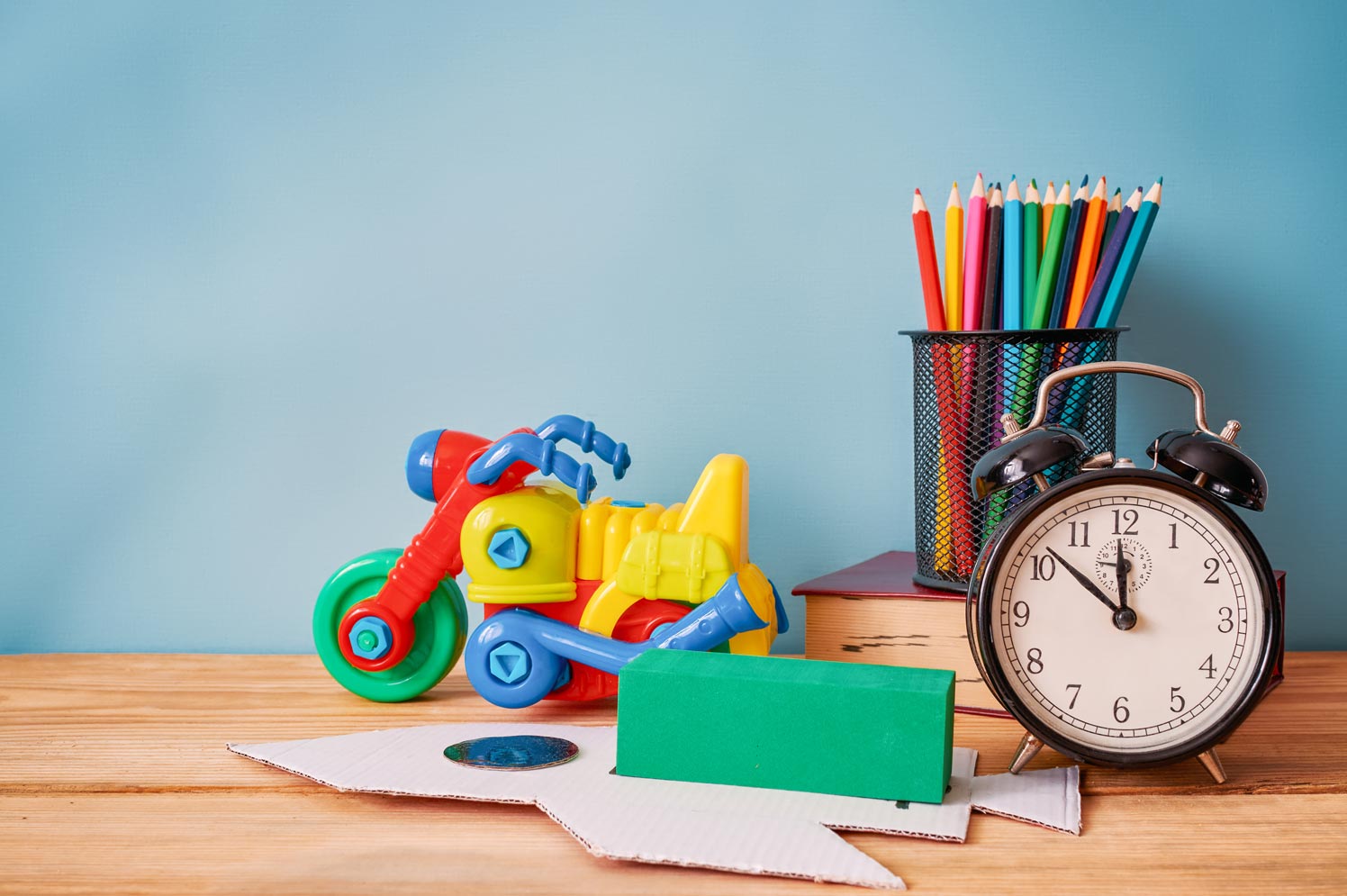‘Let your kids get bored’: advice from teachers on schooling at home

Report From: The Guardian
school may have closed for the foreseeable future, and all exams cancelled, but children still need to be educated and entertained – as well as reassured.
Many schools plan to send work home and there are lots of free resources available via online platforms such as BBC Teach.
But meanwhile, how do you even start home learning when this is all so new? We asked teachers for their emergency advice.
Prioritise your child’s wellbeing
“Great learning only happens when children feel happy, safe and secure. Provide your children with reassurance and love.”
Keep to a routine
“Children need normality, familiarity and structure. So keep to a routine. It makes home schooling easier and helps children to realise this is not a holiday, and that teachers are expecting learning to take place to some degree.”
Give your child some autonomy
“Let your child create their own structure or timetable for the day, combining their ideas and home learning. If they try and schedule double PlayStation every morning, then it’s probably time for parents to step in, but give them the option first. I think a lot of parents will be impressed with the outcome.”
Let your child get bored
“In communities like mine, there are not a lot of PCs, laptops and other tech in the home that allow pupils to access learning platforms. My advice is let your kids have a holiday and enjoy themselves until they get bored. Then they will want to get on to learning they have been set.
Limit tablets, phones and TV
“It will be important for friends to stay in virtual contact with each other as long as interactions are friendly and supportive – but avoid an unhealthy overreliance on screen time in all of its guises. Too much screen time has very negative effects on physical and mental health and it disrupts sleep patterns as well. Variety is key: exercise, reading a great book and learning a new skill are all suitable ways of avoiding the sheer monotony of a TV and computer screen.”
Emphasise literacy and numeracy
“Continue to practise essential English and maths. Review fundamental maths skills such as number bonds, times tables, division facts and addition/subtraction strategies. Encourage your child to write for pleasure about what they’ve done that day, or make a comic.”
Consider the impact of social isolation and constant supervision
“It’s vital that children get downtime to be independent and relax. We are encouraging our pupils to write to each other, giving them a purpose but also helping them feel less isolated.”
remember that learning should be fun
“Children need to have a plan or timetable right from the start, and to stick to it using a timer. But activities should not just be solely English and maths-based. Making learning fun is vital – so baking, painting and getting out and about in the garden are essential to reduce boredom.”
Be attentive
“Listen to your child. Enjoy hearing your child explain what they are being asked to do, and the challenges they face.”
Encourage reading every day
“Whether it’s reading to themselves, a parent, a sibling or even a special animal friend, it’s essential children continue to read. Reading anything counts.”
Don’t expect children to work non-stop
“The younger the child, the less time they can sit and learn for, so frequent breaks are important for productivity.”
Don’t overdo it
“I’d recommend around two hours’ learning in total a day for children in key stage 1, which covers reception to year 2. That should include arts and crafts, and hands-on activities. Children in key stage 2, which covers year 3 through to year 6, would be able to do more: about three to four hours. But again, that should include PE activities and more creative tasks as well.”
Praise children’s efforts and behaviour, not their achievements
“Positive constructive praise that targets effort, behaviour and specific aspects of a child’s work is much more powerful than just saying ‘well done for completing your English’
Bond with your child
“Enjoy the extra time together. Create some artwork, a board game, make a meal together, do a jigsaw, write a song or put on a production, a dance or make a video. Maybe you could send it to relatives to cheer them up. I would also recommend sharing a ‘family gratitude’ each day.”
Endorse regular movement breaks
Movement breaks – such as dancing to music, performing animal walks or playing Simon Says – provide children with sensory feedback and offer them a chance to “reset”. “If fast movement breaks aren’t working, slow it down by doing wall or chair push-ups or squeezing hands, shoulders or legs. Find what works for your child. It will really help with learning and focus.”
Tags
Related Posts
Why are teachers’ faces covered in stickers? To get kids engaged in remote school
Diane Moon tried everything she could think of to get her students to participate in virtual learning: random name calls, breakout rooms, competitions for extra credit, movement breaks….
December 10, 2020Remote school is leaving children sad and angry
Her mother and sister rush in and ask what went wrong. Did the Internet go out again? Is her computer plugged in? Is the math too confusing? Sophia can’t really answer. …
November 28, 2020


